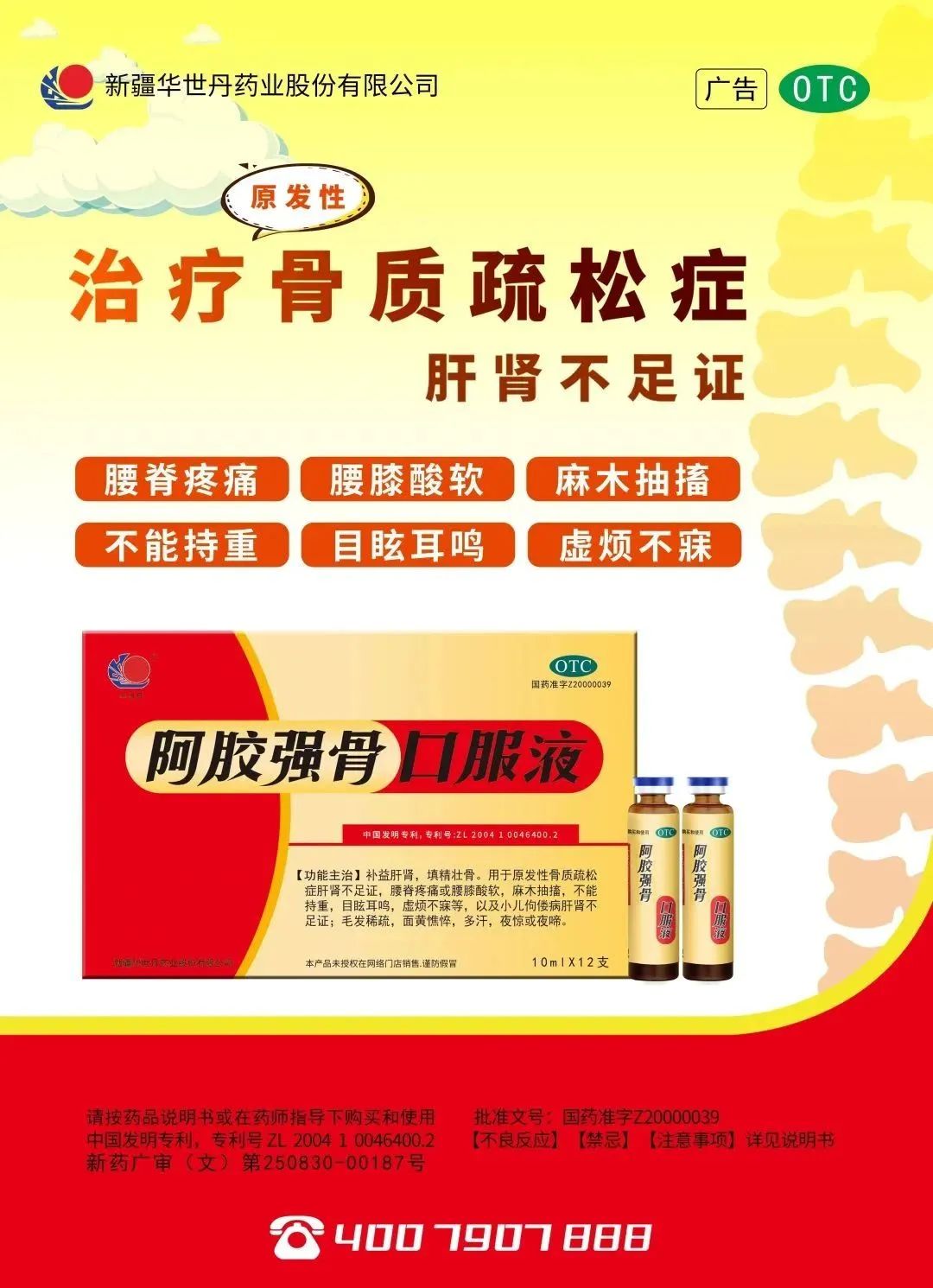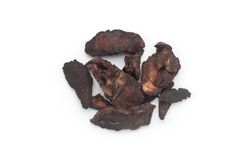
Effects and Contraindications of Shudi Huang (Rehmannia Glutinosa)
Shudi Huang is processed from the tuber of Rehmannia glutinosa, using yellow wine, sand ginger, and dried tangerine peel as auxiliary materials. It is one of the commonly used tonic herbs in Traditional Chinese Medicine (TCM). After processing, its properties change from slightly cold to slightly warm, enhancing its nourishing effects. The “Shennong Bencao Jing” describes: “Shudi Huang, steamed and dried with fire, transforms bitterness into sweetness, representing the yang within yin, thus it can replenish the original qi of the kidneys.” Throughout history, many physicians have affirmed the effects of Shudi Huang in nourishing blood and qi, filling the bone marrow, nourishing kidney qi, and benefiting true yin. Notably, Zhang Jingyue, who adeptly utilized Shudi Huang, praised its efficacy, which is corroborated by modern pharmacological studies confirming its blood-nourishing properties. However, due to its potent effects, Shudi Huang should not be used indiscriminately; it has specific contraindications! Today, we will discuss its effects and contraindications in detail.
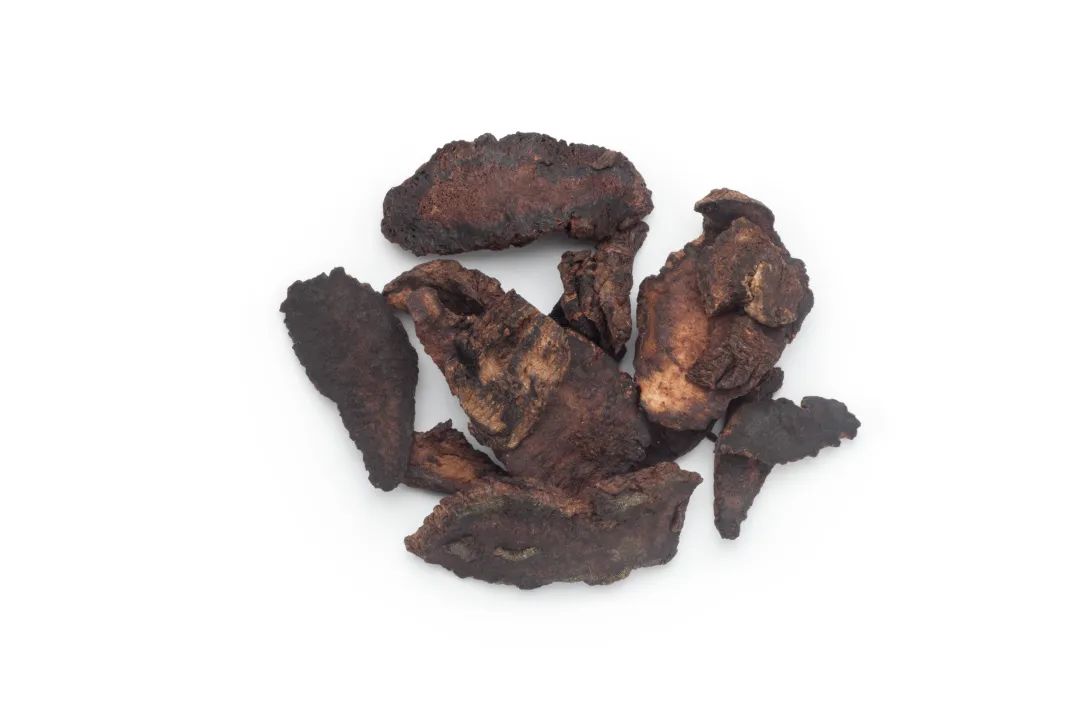
Figure 1 Shudi Huang
Main Effects
Nourishing the Liver and Kidneys
Shudi Huang has excellent effects in nourishing kidney essence and liver blood, commonly used for symptoms such as tidal fever, bone steaming, night sweats, nocturnal emissions, and diabetes due to kidney yin deficiency. As a primary yin-nourishing herb, it is often used in combination with Shan Yao (Dioscorea opposita) and Shan Zhu Yu (Cornus officinalis) to alleviate symptoms like lower back and knee soreness, dizziness, and tinnitus caused by liver and kidney deficiency. It also enhances the body’s hematopoietic function (filling the marrow).
Nourishing the Heart and Calming the Spirit
Shudi Huang has the ability to soothe the five organs, warm the blood vessels, nourish the skin, and calm the heart and spirit. It also helps with sleep, alleviating nervous tension, promoting relaxation, and benefiting symptoms such as insomnia, vivid dreams, and forgetfulness, while enhancing memory. Modern studies indicate that Shudi Huang also has anti-anxiety and fatigue-relieving effects.
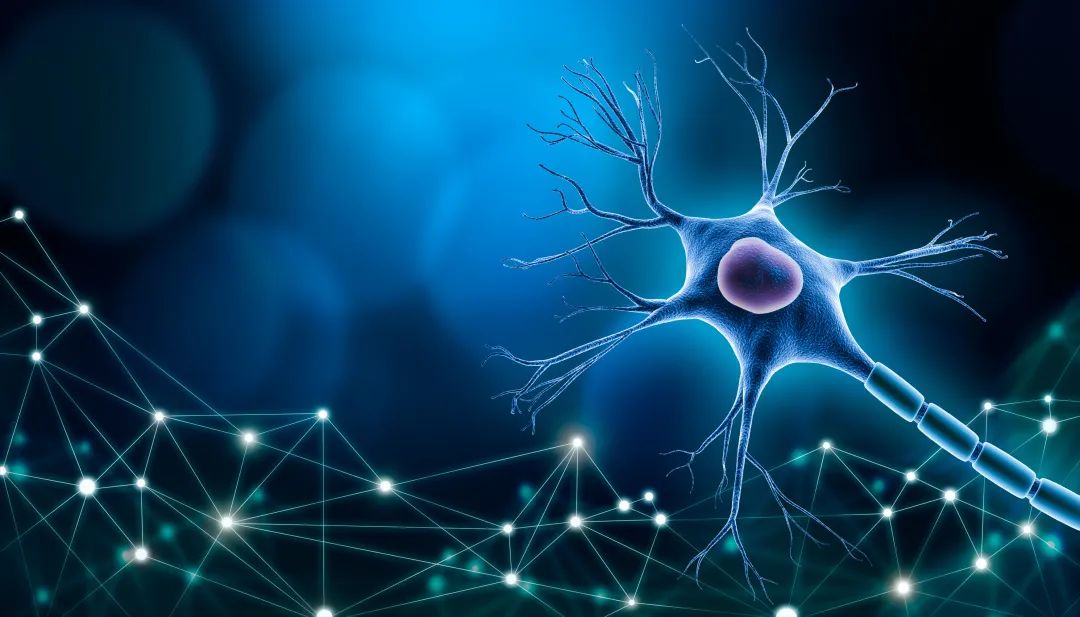
Figure 2 Diagram of Nerve Cells
Clearing Heat and Detoxifying
Shudi Huang possesses heat-clearing and detoxifying properties, useful for treating symptoms such as abscesses and sores caused by heat toxins. The polysaccharides contained in Shudi Huang can enhance the body’s immunity and improve its anti-tumor capabilities.
Contraindications
Those with Spleen and Stomach Weakness or Excess Heat Constitution Should Exercise Caution
Shudi Huang is suitable for those with liver and kidney yin deficiency, blood deficiency, etc., but is not appropriate for individuals with spleen and stomach weakness, qi stagnation, phlegm accumulation, abdominal fullness, and loose stools. This is because individuals with poor spleen and stomach function may struggle to absorb the active components of Shudi Huang, failing to achieve the desired effect of replenishing “qi essence.” Additionally, Shudi Huang has a warm nature and should not be used for heat syndromes or those with an excess heat constitution. Caution should also be taken with dosage; excessive amounts may lead to digestive discomfort and diarrhea, thus it should be scientifically combined in formulations to achieve optimal results.
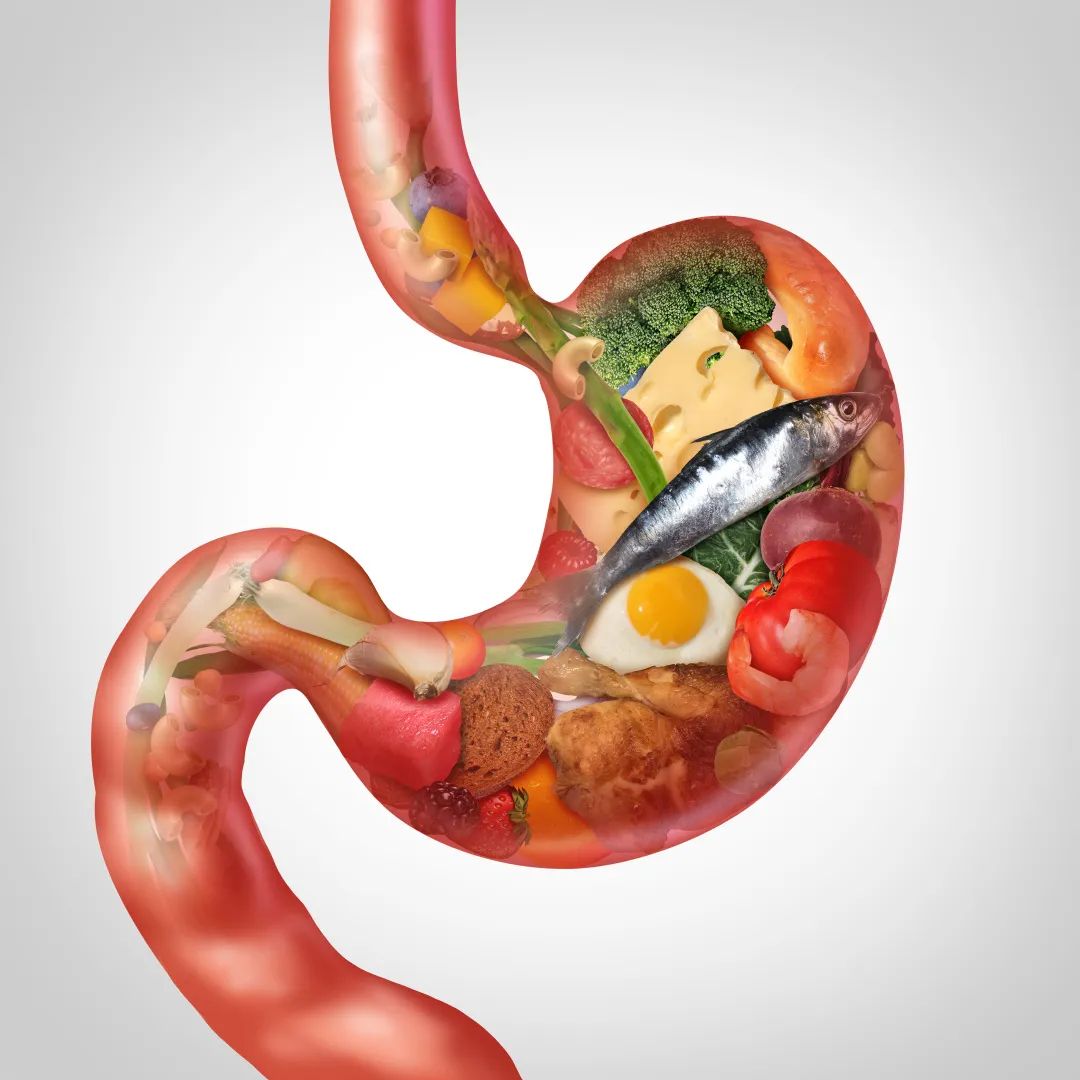
Figure 3 Daily Life of Individuals with Spleen and Stomach Weakness
Precautions in Herbal Combinations
Shudi Huang should not be used in conjunction with certain medications, such as acetaminophen, and should be taken under the guidance of a physician. Animal studies have shown that Shudi Huang may raise cholesterol levels, but no toxicity reports have been documented.
Conclusion
As an important member of the TCM herbal treasury, Shudi Huang has the effects of nourishing blood and qi, filling the bone marrow, nourishing kidney qi, and benefiting true yin. To maximize the efficacy of this herb, scientific combinations with other herbs are necessary. The TCM formula: Shudi Huang, Ejiao (Donkey-hide Gelatin), Goji Berries, Oyster Shell, Astragalus, and Codonopsis is a therapeutic recipe derived from ancient texts, refined through years of exploration, which can benefit humanity and maintain health.
References:
1. Wang Zhijiang, Wei, Ma Siti. Research Progress on the Chemical and Pharmacological Effects of Rehmannia Polysaccharides [J]. Chinese Journal of Experimental Formulas 2015, 21(16): 231-235.
2. Zheng Xiaoke, Hou, Duan Pengfei, Feng Zhiyi, Wang Xiaolan, Zhang Yanli, Feng Weisheng. Experimental Study on the Immune Regulation of Rehmannia Extracts In Vitro [J]. Chinese Pharmaceutical Journal 2012, 47(24): 1995-2000.
3. Yue Linyang. A Brief Discussion on the Stomach Obstruction Caused by Shudi Huang [J]. Chinese Folk Therapy 2023, 31(04): 14-17.
END

